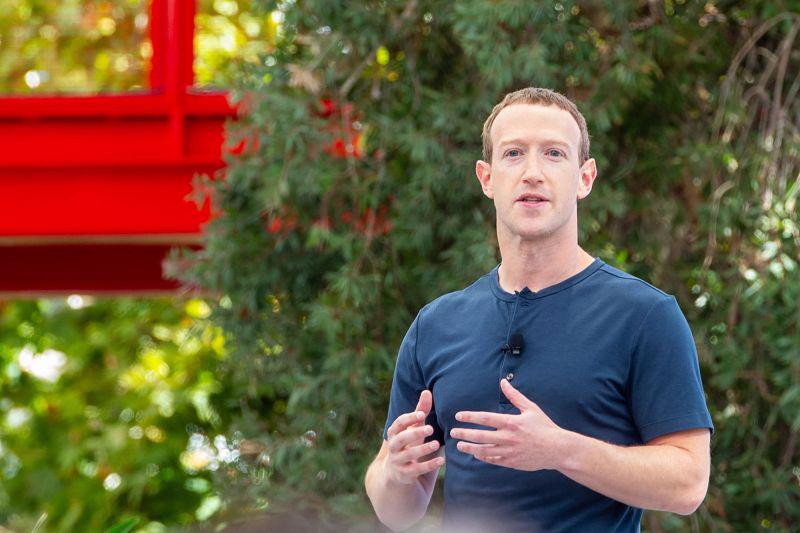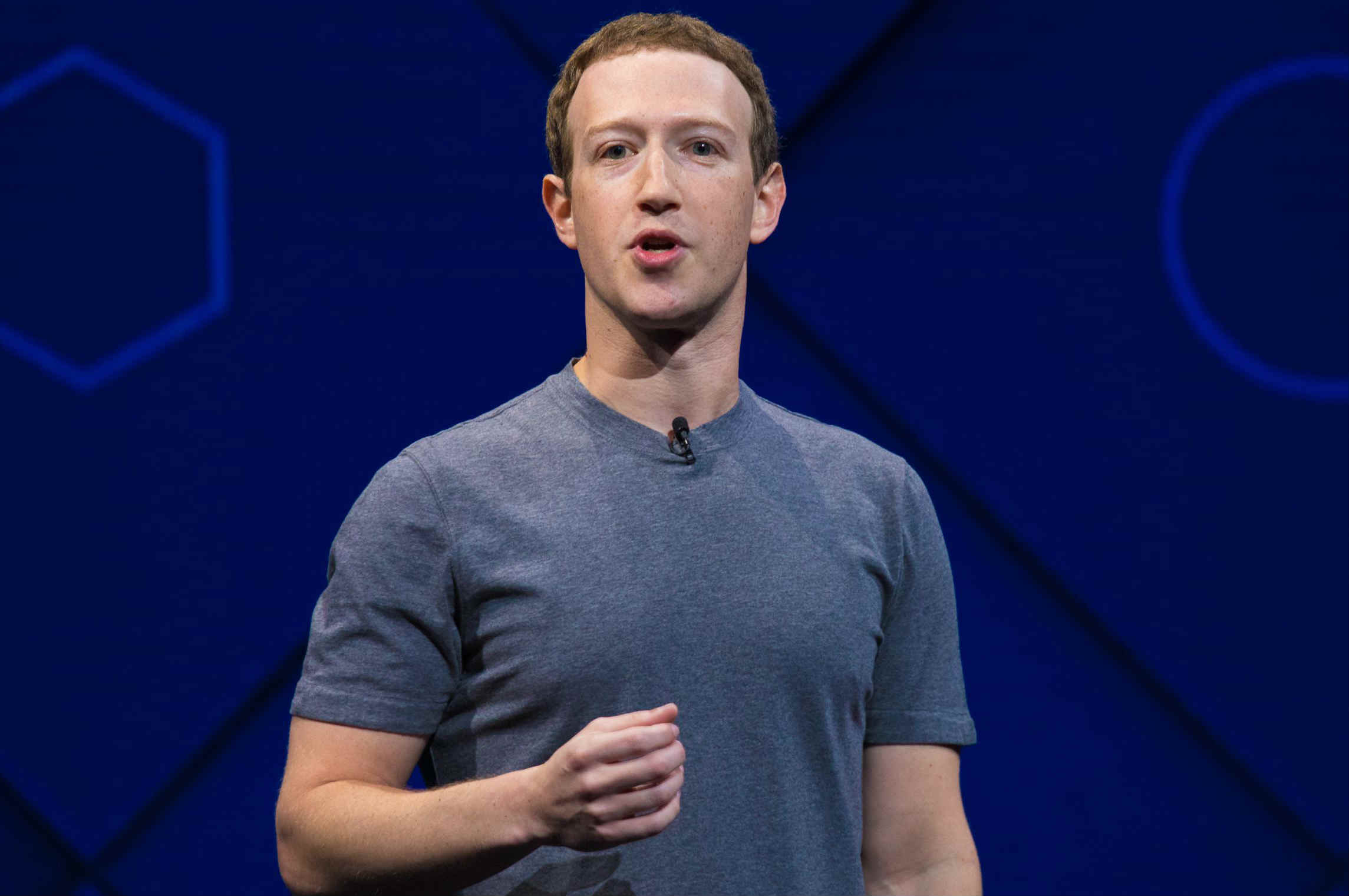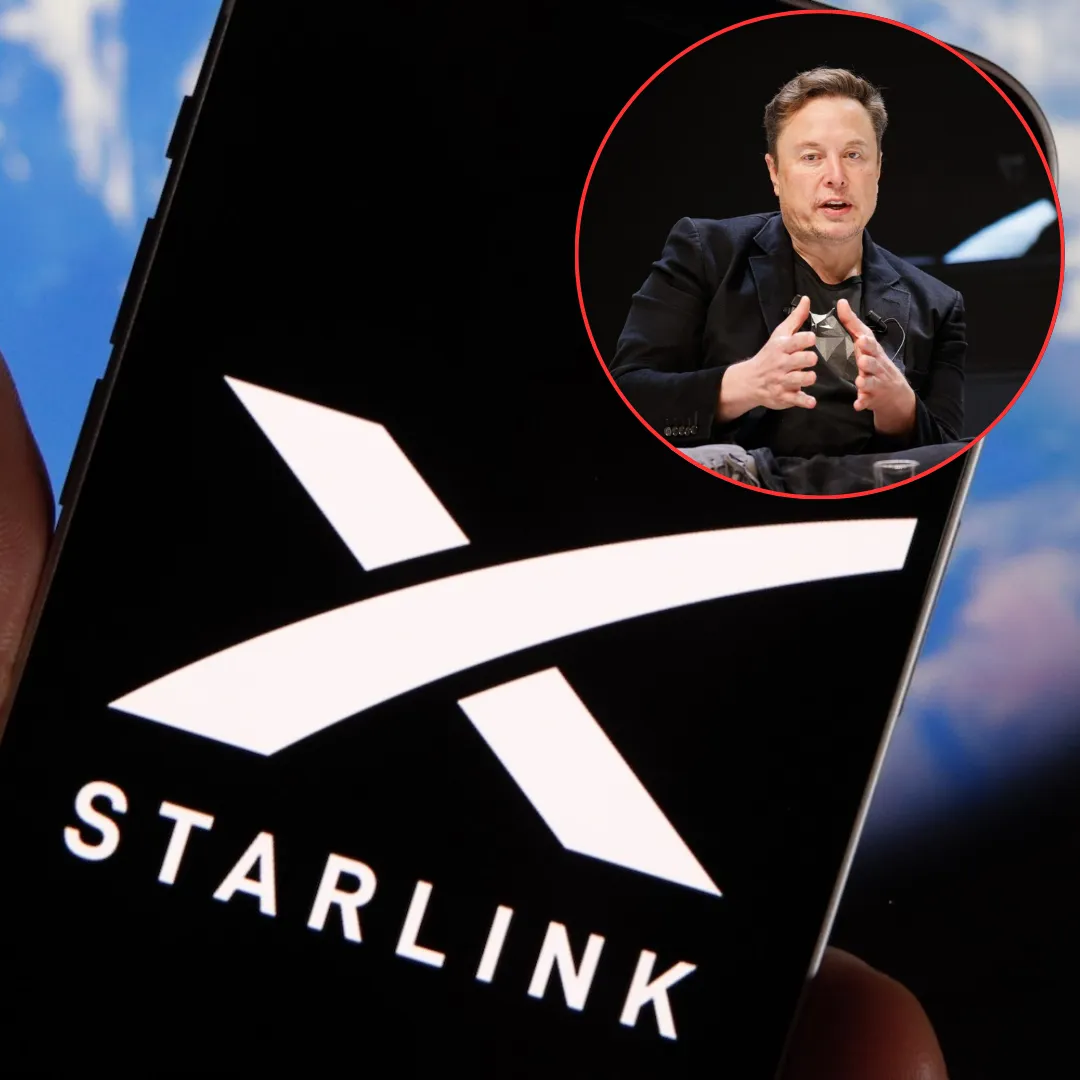
In a world where tech giants pivot quickly with the winds of profitability, Mark Zuckerberg remains one of the few billionaires willing to bet the house on a vision most of Silicon Valley has abandoned.
Since 2020, Meta Platforms has funneled more than $60 billion into building a parallel digital universe, a bold and controversial move that Zuckerberg believes will unlock a new trillion-dollar economic frontier by the end of this decade.
This isn’t merely a corporate moonshot—it’s an attempt to create an entirely new economy where people live, shop, play, and build their second lives. Back in 2022, Zuckerberg envisioned a future with one billion people in the metaverse, each spending hundreds of dollars annually in virtual environments, resulting in what he optimistically framed as a multi-trillion-dollar marketplace.
Critics scoffed, and rivals like Google and Apple quietly pulled back their metaverse investments, opting instead to double down on AI and cloud-based tools.
But Zuckerberg held firm, reinforcing Meta’s identity as the sole trillion-dollar player still obsessed with merging reality and virtual space into one cohesive commercial system.
As of 2025, the results are mixed but intriguing. Meta has become something of a lone crusader in the metaverse space, pushing hardware like its Quest headsets and RayBan AR glasses to moderate commercial success, while investing in platforms such as Horizon Worlds that continue to struggle with long-term engagement.
In Q1 2025, Meta sold over 605,000 Quest 3 and 3s headsets—a solid number on paper, yet it falls drastically short of the scale needed to reach Zuckerberg’s dream of a billion engaged metaverse citizens. These headsets are sleek, powerful, and increasingly affordable, yet they remain niche products in a world dominated by phones and tablets.
Beyond hardware, Meta’s ambitions hinge on transforming the very way people engage with digital content. Roblox, Fortnite, and Minecraft have become the standard-bearers for how people interact in immersive environments, often without needing VR hardware at all.

These platforms—although not owned by Meta—illustrate the public’s insatiable appetite for customizable avatars, virtual goods, and social gameplay. Fortnite recently hit an all-time high with over 14.3 million daily active users, proving that virtual engagement isn’t a passing trend but a foundational shift in entertainment.
Horizon Worlds, Meta’s flagship VR social platform, continues to evolve. Some weeks it surges with excitement, buoyed by celebrity-hosted events or collaborative art installations, while other times it stagnates, leaving many to question whether it can ever rival more established titles.
Still, there are pockets of success that keep Zuckerberg’s gamble alive. Gorilla Tag, a physically interactive VR game developed on Meta’s platform, recently became the first of its kind to surpass one million daily active users. It’s a small but powerful signal that virtual engagement in VR form can scale under the right conditions.
RayBan AR glasses, a product of Meta’s collaboration with the iconic eyewear brand, have quietly sold over 2 million units since launch. These sleek, lightweight frames are equipped with smart lenses and voice-controlled AI assistants, enabling users to record memories, stream content, or overlay GPS navigation in real-time.
Meta has already announced plans to scale production to 20 million units by the end of 2026. Such aggressive projections hint that Meta views the glasses not merely as gadgets, but as digital passports into the immersive world it is constructing.
Meanwhile, virtual commerce is inching forward. The global metaverse commerce market is projected to hit $364.2 billion by 2034, and while we’re still far from that figure, the infrastructure is being built in real-time.

Meta is exploring innovations like seamless crypto wallets integrated into avatars, digital fashion lines designed by top designers, and even immersive showrooms where users can buy physical goods from inside virtual malls.
Roblox is already experimenting with this hybrid economy, allowing users to buy real-world merchandise using digital currency inside their virtual storefronts. Meta is reportedly in talks with several Fortune 500 companies to develop branded spaces within Horizon Worlds to replicate this concept on a much larger scale.
Yet despite these developments, Meta’s Reality Labs—the division responsible for all metaverse projects—continues to bleed money. With over $60 billion in losses since 2020, the metaverse effort has become one of the most expensive long-term tech plays in history.
In 2024, Reality Labs posted $2.15 billion in revenue, a slight rebound from its 2023 low of $1.9 billion but still far from justifying its expenditure. The division routinely posts losses that double its revenue, and internal reports suggest this trend may continue until at least 2027.
Still, Zuckerberg is undeterred. In private meetings, he has compared Meta’s current metaverse push to the dawn of the internet in the late 1990s—unprofitable, misunderstood, and mocked, but ultimately revolutionary.

AI has become the secret weapon in Meta’s toolbox. Using advanced neural networks, Meta is able to generate hyper-realistic avatars, translate conversations in real-time, and curate metaverse experiences based on user behavior, preferences, and biometric feedback.
Meta’s AI division recently rolled out an emotion-mapping system that allows virtual avatars to mimic real-world facial expressions with shocking accuracy. Early beta users report feeling “seen” and “understood” inside virtual therapy spaces, classrooms, and even corporate meetings.
However, critics remain skeptical. They argue that despite Meta’s bottomless wallet, the public has not yet demonstrated a strong desire to live their lives inside a headset. Issues like motion sickness, digital fatigue, and social stigma still plague mainstream VR adoption.
Meanwhile, Zuckerberg’s metaverse dreams have attracted attention from regulators, particularly in Europe. Concerns over data privacy, monopolistic behaviors, and digital identity control are growing louder as Meta seeks to own not just the platform, but the very identities people assume inside it.
Some analysts now say the metaverse could become the next battleground for digital human rights. Who owns your avatar? Who controls your purchases and interactions in a virtual world that might outlive your real one? Meta doesn’t yet have clear answers.
Despite the setbacks, Meta remains arguably the best positioned company to create a metaverse economy. Its reach across WhatsApp, Facebook, Instagram, and Messenger gives it unrivaled leverage in onboarding users, promoting content, and integrating metaverse features into everyday digital habits.

Executives at Meta are rumored to be exploring an all-in-one subscription model that would bundle social media access, VR hardware, AI assistants, and exclusive virtual experiences into a single monthly fee—much like Netflix or Amazon Prime for the digital lifestyle.
In Q4 2024 earnings calls, Zuckerberg hinted at a new internal metric: “Avatar GDP,” designed to track the economic output of digital users within Meta’s platforms. If successful, this metric could become a benchmark for evaluating the metaverse’s economic viability and growth potential.
One confidential document reportedly circulated inside Meta compares the current state of the metaverse to “the early days of the industrial revolution—confusing, chaotic, but inevitable.” It’s a bold claim, but in line with Zuckerberg’s track record of playing long games.
Whether Meta’s vision becomes a global norm or a cautionary tale remains to be seen. But if even a fraction of Zuckerberg’s prediction comes true, he may one day be remembered less as the founder of Facebook and more as the architect of the world’s first entirely digital economy.
While the rest of the world watches, doubts, and sometimes ridicules, Zuckerberg continues to pour billions into this virtual empire. For better or worse, he is building the future—one headset, one avatar, and one transaction at a time.



